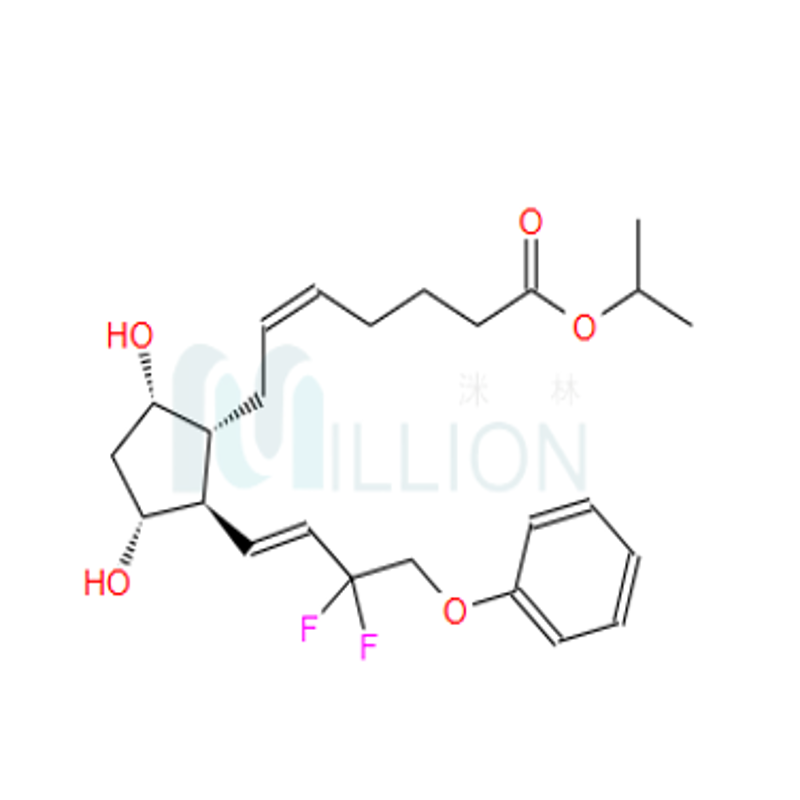-
Categories
-
Pharmaceutical Intermediates
-
Active Pharmaceutical Ingredients
-
Food Additives
- Industrial Coatings
- Agrochemicals
- Dyes and Pigments
- Surfactant
- Flavors and Fragrances
- Chemical Reagents
- Catalyst and Auxiliary
- Natural Products
- Inorganic Chemistry
-
Organic Chemistry
-
Biochemical Engineering
- Analytical Chemistry
-
Cosmetic Ingredient
- Water Treatment Chemical
-
Pharmaceutical Intermediates
Promotion
ECHEMI Mall
Wholesale
Weekly Price
Exhibition
News
-
Trade Service
Highly aggressive pathologic diagnosis is necessary to differentiate central diabetes insipidus (CDI) with thickened pituitary
stalk.
Lymphocytic funnel-neurohypophysitis (LINH) due to autoimmune cumulative pituitary stalk is a differentiated disorder that has recently been reported positive
for anti-rabphilin-3A antibodies (Rab3A-Ab).
The Journal of Pediatric Endocrinology and Metabolism reported that a child with CDI combined with pituitary hormone deficiency tested positive
for Rab3A-Ab shortly after the onset of CDI.
Case: Patient, male, 7 years old, reported symptoms of polyuria and polydipsia for 2 months
.
The frequency of urination is more than 20 times a day with nocturia, the daily urine output is 4-5L, and urine sugar and hypotonic urine are negative
.
The results of the water deprivation test showed that the maximum urine osmolality was as low as 104 mOsm/kg, although the plasma osmolality increased to 300 mOsm/kg
.
After 2 hours of subcutaneous vasopressin, urine osmolality rises to 384 mOsm/kg, and CDI
is diagnosed.
MRI of the brain shows T1-weighted thickening of the pituitary stalk and decreased signaling of the posterior pituitary gland
.
Oral desmopressin therapy is initiated
.
Patients present with growth hormone deficiency with a slowed
growth rate.
Magnetic resonance imaging (MRI) of the brain shows thickening
of the pituitary stalk.
Placental alkaline phosphatase levels (tumor markers for germ cell tumors) in cerebrospinal fluid are lower than sensitivity levels
.
Eight months after the onset of CDI, Rab3A-Ab is positive, MRI shows thickened pituitary stalk shrinkage, and the diagnosis is lymphocytic infundibular panhypophysitis (LIPH).
Autoimmunity
has been reported in many cases of idiopathic CDI in children and young adults.
Although several autoantibodies to the pituitary funnel have been reported to date, there are no clinically proven specific autoantibodies
for the diagnosis of LINH.
It has recently been reported that 4 patients with a biopsy diagnosis of LINH and 72% of patients with a clinical diagnosis of LINH tested positive
for Rab3A-Ab.
Rab3A-Ab positivity has high sensitivity and specificity for adult LINH and is a promising clinical marker
.
The presence of Rab3A-Ab in patients with CDI with thickened pituitary stalk suggests autoimmune-related CDI, including LINH
.
The study reported the first case
of Rab3A-Ab-positive pediatric patients shortly after the onset of CDI.
This case demonstrates the pathogenesis of lymphocytic hypophysitis in children.
Limitations in case reporting do not exclude the possibility of other causes, including LCH and GCT, for CDI because pathologic diagnosis
has not been made.
In conclusion, Rab3A-Ab is a useful auxiliary diagnostic tool
for childhood-onset lymphocytic hypophysitis.
Original source:
Kazutaka Morota, Hiroaki Tadokoro, et al, A 7-year-old boy with central diabetes insipidus presenting with thickened pituitary stalk and antirabphilin-3A antibody positivity, J Pediatr Endocrinol Metab 2022, https://orcid.
org/0000-0002-5882-661X.







